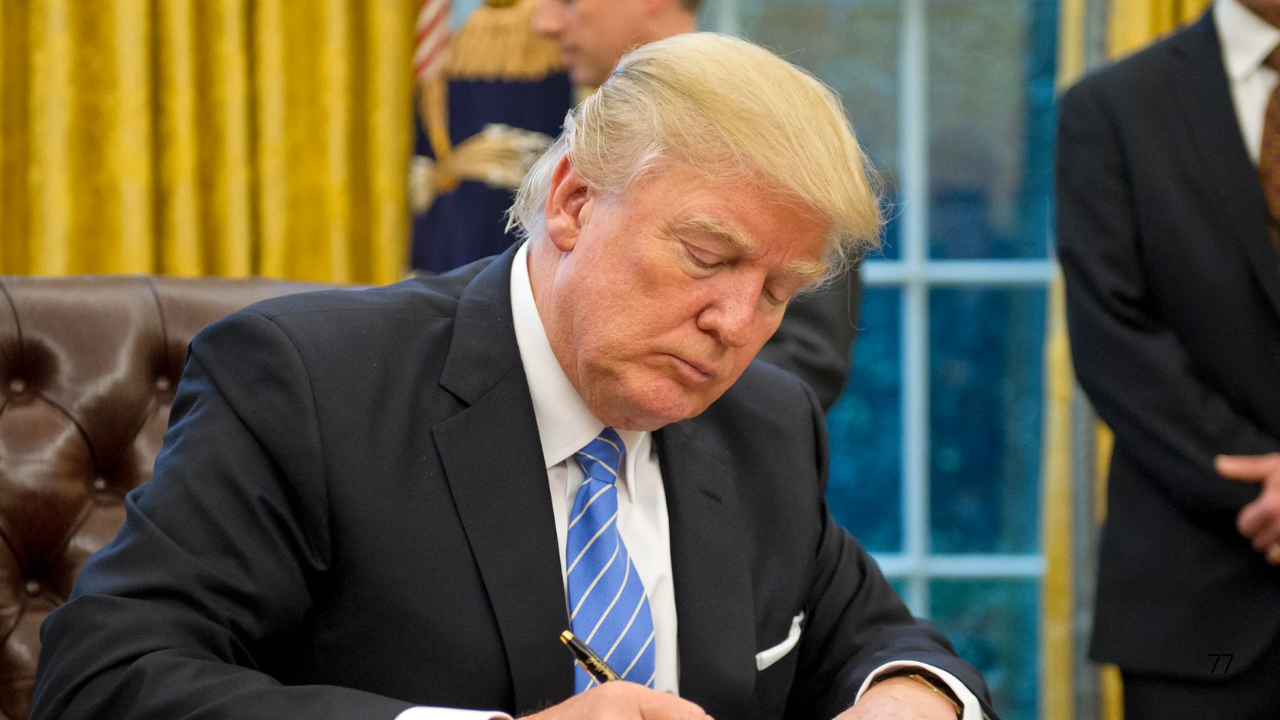A group of 59 white South Africans, primarily Afrikaners, arrived in the United States on May 12, 2025, after being granted refugee status by the Trump administration.
This move has sparked significant controversy and debate both in the U.S. and South Africa.
President Donald Trump justified the decision by claiming that white South Africans, particularly Afrikaners, were victims of racial discrimination and violence in their home country.
He referred to the situation as a “genocide,” citing farm attacks and land expropriation policies as evidence. The South African government has strongly denied these allegations, stating that farm attacks affect people of all races and that the land reform policies are aimed at addressing historical inequalities.
The refugees were welcomed at Dulles International Airport near Washington, D.C., by U.S. officials, including Deputy Secretary of State Christopher Landau and Deputy Secretary of Homeland Security Troy Edgar.
Many of the new arrivals were given American flags to wave as they disembarked. The group is expected to settle in various U.S. states, including Minnesota, Idaho, and Nevada, with support from local communities and resettlement agencies.
This resettlement program is part of a broader policy shift by the Trump administration, which has suspended most other refugee admissions, including those from war-torn regions like Sudan, the Democratic Republic of Congo, and Afghanistan.
Critics argue that the decision to prioritize Afrikaners over other refugees is politically motivated and inconsistent with international refugee standards.
The Episcopal Church has publicly opposed the resettlement plan, stating that it undermines the principles of justice and equity.
In a letter to church members, Presiding Bishop Sean Rowe expressed concern that the U.S. government was selectively offering refuge to one group while ignoring the needs of others who have been waiting for years in dangerous conditions.
The controversy has also strained U.S.-South Africa relations. In response to President Trump’s actions, South African officials have condemned the move as politically motivated and based on misinformation.
The U.S. has suspended all aid to South Africa, including funding for HIV/AIDS programs, which experts warn could have severe consequences for public health in the country.
As the situation unfolds, the international community continues to monitor the implications of this unprecedented refugee resettlement program and its potential impact on global refugee policies.
Disclaimer- Our team has thoroughly fact-checked this article to ensure its accuracy and maintain its credibility. We are committed to providing honest and reliable content for our readers.






